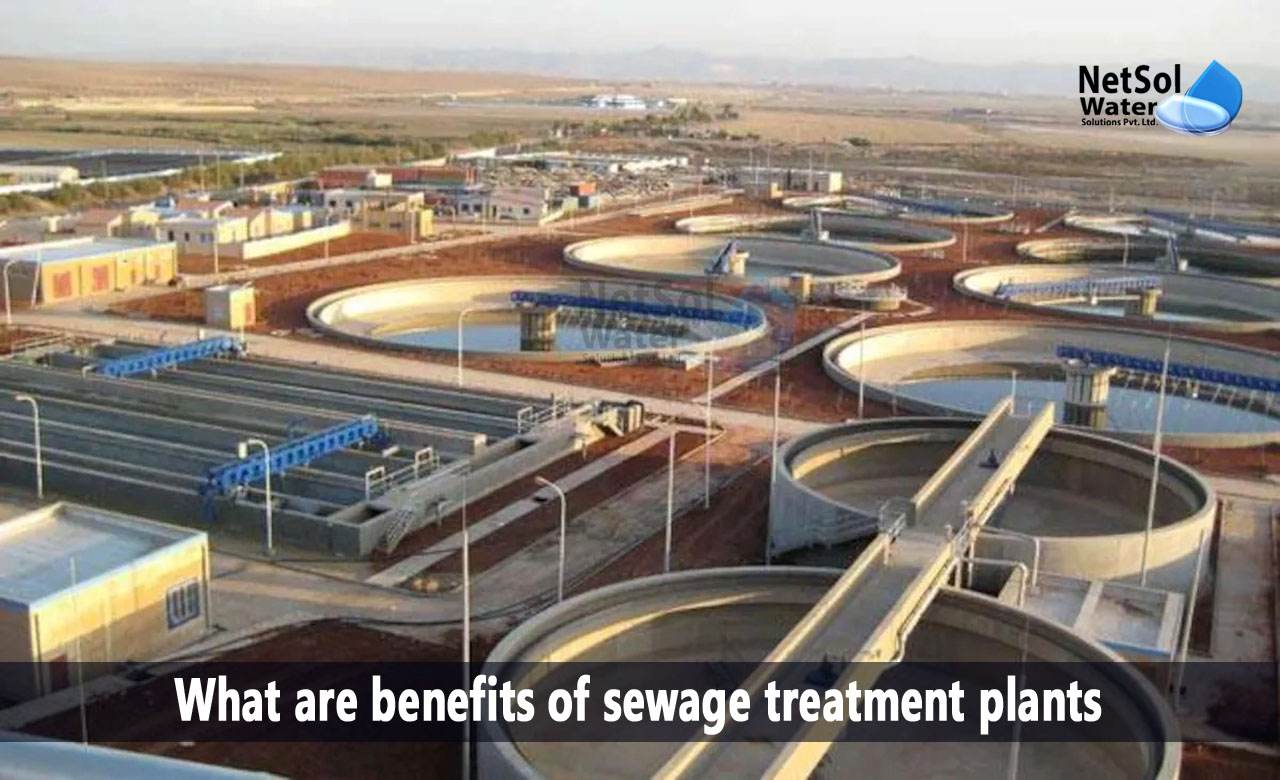What are benefits of sewage treatment plants?
To enhance the quality of wastewater for recycling, sewage treatment plants use primary, secondary, biological, and tertiary treatment processes. Wastewater is produced as a result of expanding infrastructure development and increased water use for home and commercial needs. A sewage treatment plant’s main objective is to treat wastewater as fully as is reasonably practicable. Sewage treatment facilities and other options can help with that. A sewage treatment plant may be put practically anywhere as long as there is an electrical connection, thanks to the way they work.
The need for clear water is in itself a proper justification for the sewage treatment plants in the vicinity of human-held areas. When we say that sewage treatment plant saves water, we mean that it saves life and what could be the greater benefit of sewage treatment plant then?
For a better understanding of the benefits related to sewage treatment plants let’s go deeper!
Benefits of sewage treatment plants
Having a contemporary sewage treatment system has several advantages.
Labor-saving
Sewage was traditionally manually removed and collected. Modern technology allows for the extraction, organization, and transportation of sewage, all of which require a minimum number of employees. Modern sewage treatment facilities can also handle enormous volumes of sewage, which cuts down on lengthy workdays.
Create Energy
Significant amounts of the organic materials found in sewage can be utilized to produce electricity. After being pre-treated, sludge is broken down via anaerobic digestion. Methane gas generated by anaerobic digestion powers the grid. Both the sewage treatment plant and the residential areas’ electricity needs may be met by it. Additionally, sewage gas may be set up as a combined heat and power plant (CHP), which boosts the plant’s overall effectiveness.
Fertilizer Manufacturing
Massive amounts of nitrogen, phosphorus and biodegradable material are present in the sludge that is collected for treatment. As a result, the sludge drying procedure produces biodegradable fertilizer when applied to sludge. This fertilizer is appropriate for use in farming and gardening.
lowered danger to public health
Only 50% of Indians have access to clean drinking water, and each year 37.7 million Indians get ailments brought on by contaminated water. Additionally, the disadvantaged Indian community is negatively impacted by the flow of untreated sewage into ponds, lakes, and rivers. Because sewage treatment eliminates the majority of toxins from wastewater before releasing it into natural water streams, it lowers the danger to people’s health.
Environmentally friendly
Environmentally friendly sewage treatment facilities purify water in a number of phases to get rid of germs, pollutants, and big solid particles. This reduces water consumption and pollutants while making the treated water suitable for reuse.
Conclusion:
It is crucial to have a working wastewater treatment system because it may stop the spread of illness, save the environment, and ultimately save your money. Additionally, investing in a sewage treatment system is now more financially practical because to technological advancements that make current systems cheaper, more efficient, and simpler to operate than earlier ones. The advantages mentioned above are only a few of the numerous factors that may make purchasing a sewage treatment system a very wise and successful choice.
We at Netsol have extensive expertise in treating and maintaining wastewater systems. Contact us if you have any questions or concerns about your wastewater or water treatment systems.
You can contact us at +91-9650608473 or email at enquiry@netsolwater.com

